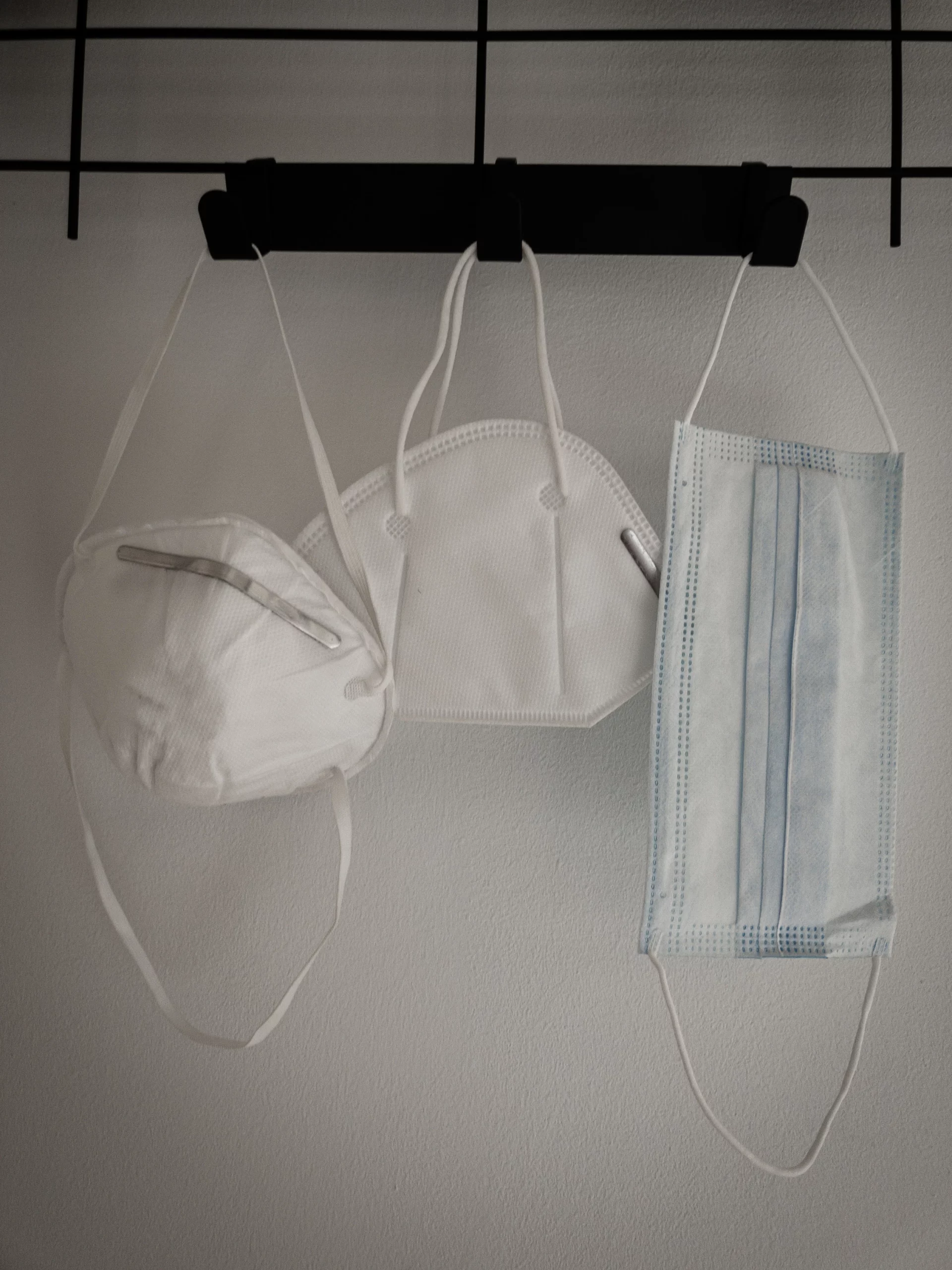
March 2020 marked the beginning of a three-year-long pandemic — COVID-19. The social and economic impact of the pandemic was rapid and severe, causing the closure of many businesses and changing our everyday habits practically overnight. However, the complete lifting of restrictions and the end of the pandemic has still not resulted in the return of old habits, bringing into question whether COVID has changed our habits for good.
Prior to COVID-19, consumer spending in wealthier societies went increasingly towards luxury services, leisure experiences, and personal grooming services. When lockdown and stay-at-home measures were introduced, the share of consumer spending towards these services naturally declined. People were forced to transition from salon haircuts to bathroom barber shops, and forced to redirect their spending from services outside the home to goods inside the home.
The pandemic resulted in a redirection in spending on goods for home improvement, seeing a long-term transition to investing in furniture, clothes, food and alcohol. For example, Americans are spending 20% less on salon services and personal grooming than they were pre-COVID, opting to spend their money on cosmetics and at-home treatments 25% more since 2020. Other parts of the world are echoing these long-term habits, with Italians spending 34% more on glassware and tableware compared to pre-pandemic levels, Japan experiencing a 50% decline in business restaurant bookings, and the Czech Republic experiencing a 3% decline in the services sector’s share of the economy.
Although these facts and figures exhibit a change in general economic habits, they also represent a fundamental change in our general social behaviour. A tendency towards more solitary activities is a legacy left behind by the pandemic, with activities such as baking, gardening, and pets overtaking social activities such as membership clubs and dining out. Additionally, people are sleeping more — we sleep 11 minutes more a day than we did prior to the pandemic, and the “work from home” schemes that remain from COVID-19 facilitate this even further.
Why have these habits persisted three years later? One reason could be the economic effects that COVID-19 has had on economies around the world. Although the immediate economic shock of COVID has largely worn off, inflation has spiked since 2021 due to the long-term disruption to global supply chains and the surge in energy prices during the pandemic. Spending less on luxury services and opting for cheaper, solitary activities is more budget-friendly in the current economy. However, the more plausible reason is that the pandemic was an overwhelming, unexpected and unprecedented event that has changed our behaviour and habits. Maybe we haven’t had enough time to return to our old social and economic habits, and maybe we never will.
Image: Isaac Quesada, 2020//CC0 1.0 DEED



Average Rating